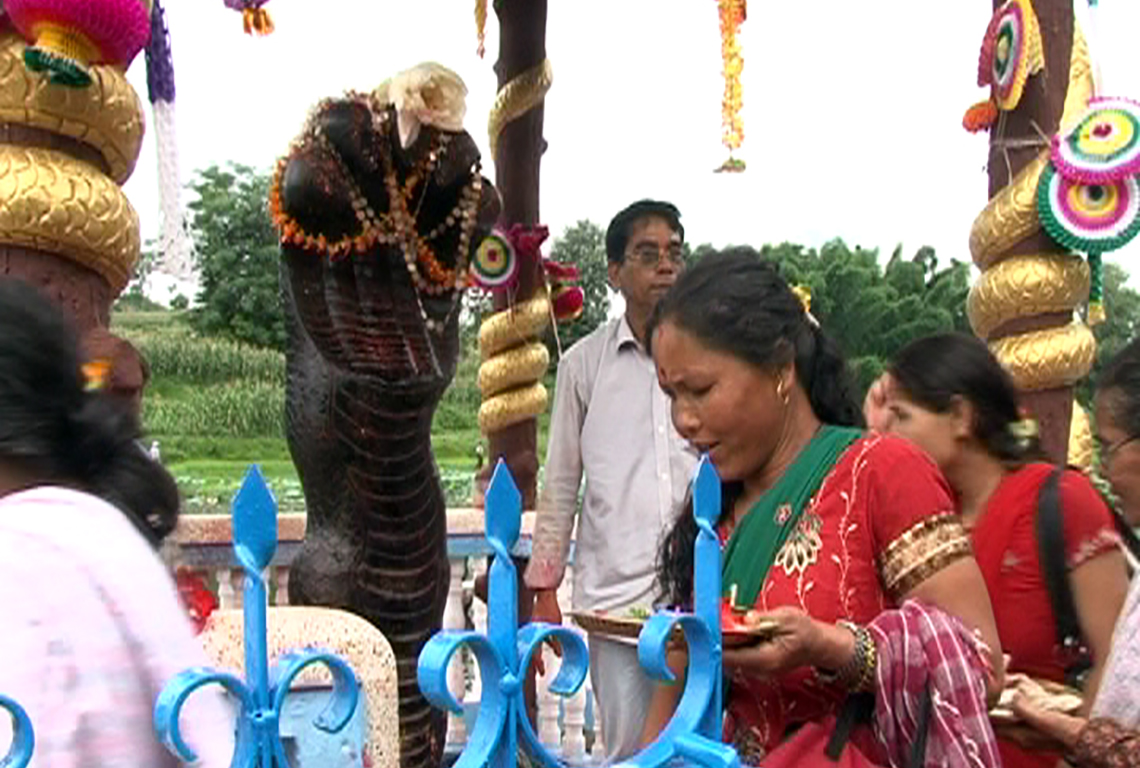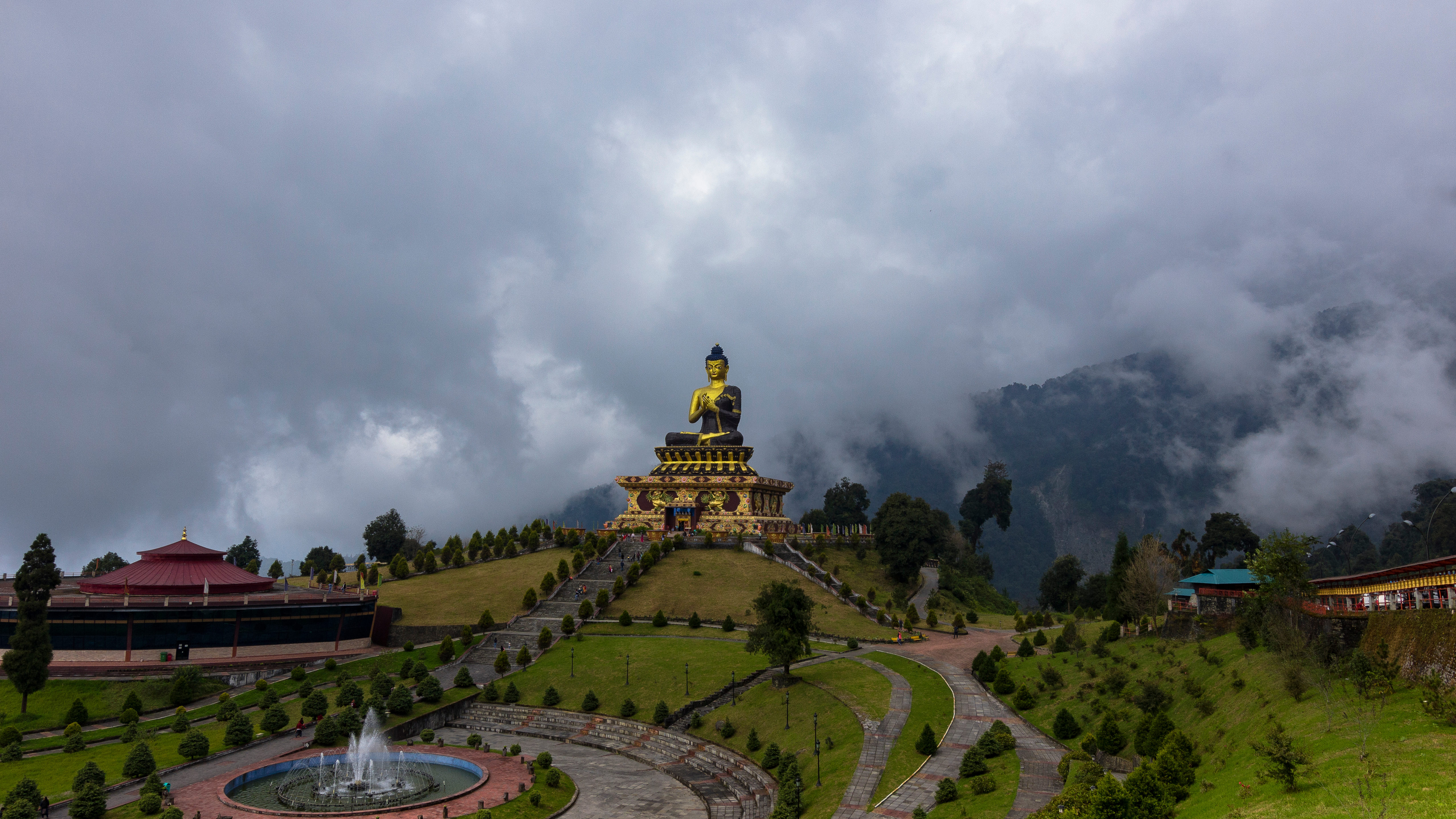Nag Panchami – an ode to the Snake God
Indian festivals are rich, colourful and have special significance attached to each one of them. Being a land of ancient traditions, mystic philosophy and vibrant culture, Indian festivals are always fun and unique.
Festivals like Raksha Bandhan, Karva Chauth celebrate the relationships between loved ones. Festivals like Diwali, Navratri pay homage to the triumph of good over evil. Auspicious Ramnavmi, Janmashtami celebrate the birthdays of Lord Ram and Lord Krishna.
Apart from all these celebrations, from ancient days, Indians also have been celebrating Pongal, Baisakhi which are thanksgiving festivals to Mother Nature.
There is a mystifying and remarkable Hindu festival which worships Lord Naga (Snake God). King Cobra, one of the most feared snakes on earth, is equated to God in the Hindu Mythology because Lord Maha Vishnu’s resting place is on a snake, Lord Shiva wears a serpent as an ornament and ‘Ananta’, ‘Vasuki’, ‘Kaaliya’ (Serpents of ‘Patala loka’ or the lowest of the seven subterranean heavenly planets) play important roles in several mythological beliefs.
Method of Worship
In South India, especially in Uttara Kannada regions of Karwar, Dharwad, Bidar and Andhra Pradesh, the fifth day of the Shravana month (Hindu Calender), is a day where King Cobra – The Snake God is worshipped with piety. This year, Nag Panchmi falls on 11th of August. Women get up early, take bath and wear colourful new garments. Then they visit an ‘ant hill’ or a Naga temple with milk pots. If there is no ‘ant hill’ or a Naga temple, they worship figures of snake drawn on wood, clay, metal or even an alloy.
Sandal paste, turmeric, flowers, honey and mostly milk are offered to the Snake God with reverence. Special delicacies called Yellu chigali (Sesame seeds sweet), Thambittu (gram flour laddoo), besan laddoo, jowar rotis are prepared and offered to the Serpent God. Women pray for the well-being of their family and for the protection of their loved ones from snakes.
Raksha Bandhan down South
This day is also similar to ‘Raksha Bandhan’. Sisters seek the blessings of their brothers, perform aarthi and offer sweets to them. In return, brothers also give gifts to their sisters and enjoy the day in their company. This festival fosters the relationship between siblings.
In some rural areas, married women are invited to their maternal homes and are presented with delicacies and dresses. The entire families have fun with big swings tied to the trees.
On the whole, this festival inner goal is to treat everyone with respect and keep the family relationships vibrant. It is a delight to watch these unique festivals. If you happen to be in Karnataka or Andhra Pradesh, enjoy watching festivities of Nag Panchami.



